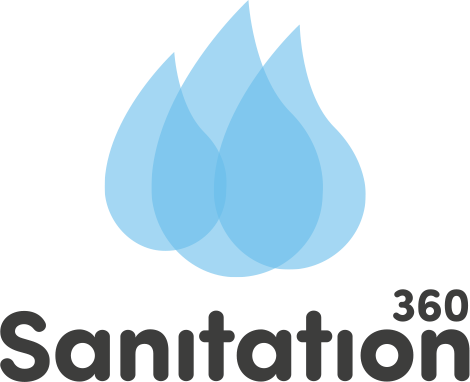Which SDGs do you work towards achieving?
Recycling human urine safely can have a big impact on several Sustainable Development Goals (SDGs). Safely recycle urine could replace 20% of Sweden’s nitrogen and 35% of its phosphorus needs for agriculture (SDG 12: Responsible Consumption and Production). This is especially important given that Sweden imports nearly 200,000 tonnes of synthetic nitrogen fertiliser every year, making the country vulnerable to global supply disruptions. Recent events like the COVID-19 pandemic and the war in Ukraine have shown how quickly fertiliser prices can spike, putting pressure on farmers and increasing food prices. By building local nutrient supply chains, urine recycling can help strengthen Sweden’s food security and reduce its dependence on imported fertilisers. In low-income countries, the impact could be even greater. Many small-scale farmers lack access to fertilisers entirely because they are too expensive or unavailable. In these settings, recycling urine into fertiliser could be a low-cost way to increase food production—contributing directly to SDG 2: Zero Hunger.
Treating urine as a resource instead of a pollutant can also relieve pressure on wastewater treatment plants and help prevent eutrophication in sensitive water bodies like the Baltic Sea (SDG 14: Life Below Water). Today, nutrient runoff from synthetic fertilisers applied on farms and poorly treated wastewater are leading contributors to aquatic pollution, fueling algal blooms and creating so called “dead zones”, areas where marine life cannot survive. Because urine contains most of the nitrogen, phosphorus, and pharmaceutical residues in domestic wastewater, diverting even part of it can reduce pressure on sewage treatment plants, prevent pollution at the source, while also protecting our drinking water sources. Ultimately, urine recycling also supports SDG 13: Climate Action by restoring the nutrient balance in both soil and water, and by reducing dependence on fossil-fuel-intensive fertiliser production.
Beyond environmental and agricultural benefits, improved sanitation also brings major public health and social gains. The World Bank estimates that every $1 invested in sanitation yields up to $5–46 in economic benefits, through better health, reduced healthcare costs, and increased productivity (SDG 3: Good Health and Well-Being). In informal settlements, many households are female- or child-headed, and the lack of toilets increases the risk of gender-based violence—as women and girls are forced to use open areas where they are vulnerable to assault. By providing safe, private sanitation, our project also contributes to SDG 5: Gender Equality and SDG 10: Reduced Inequalities.

